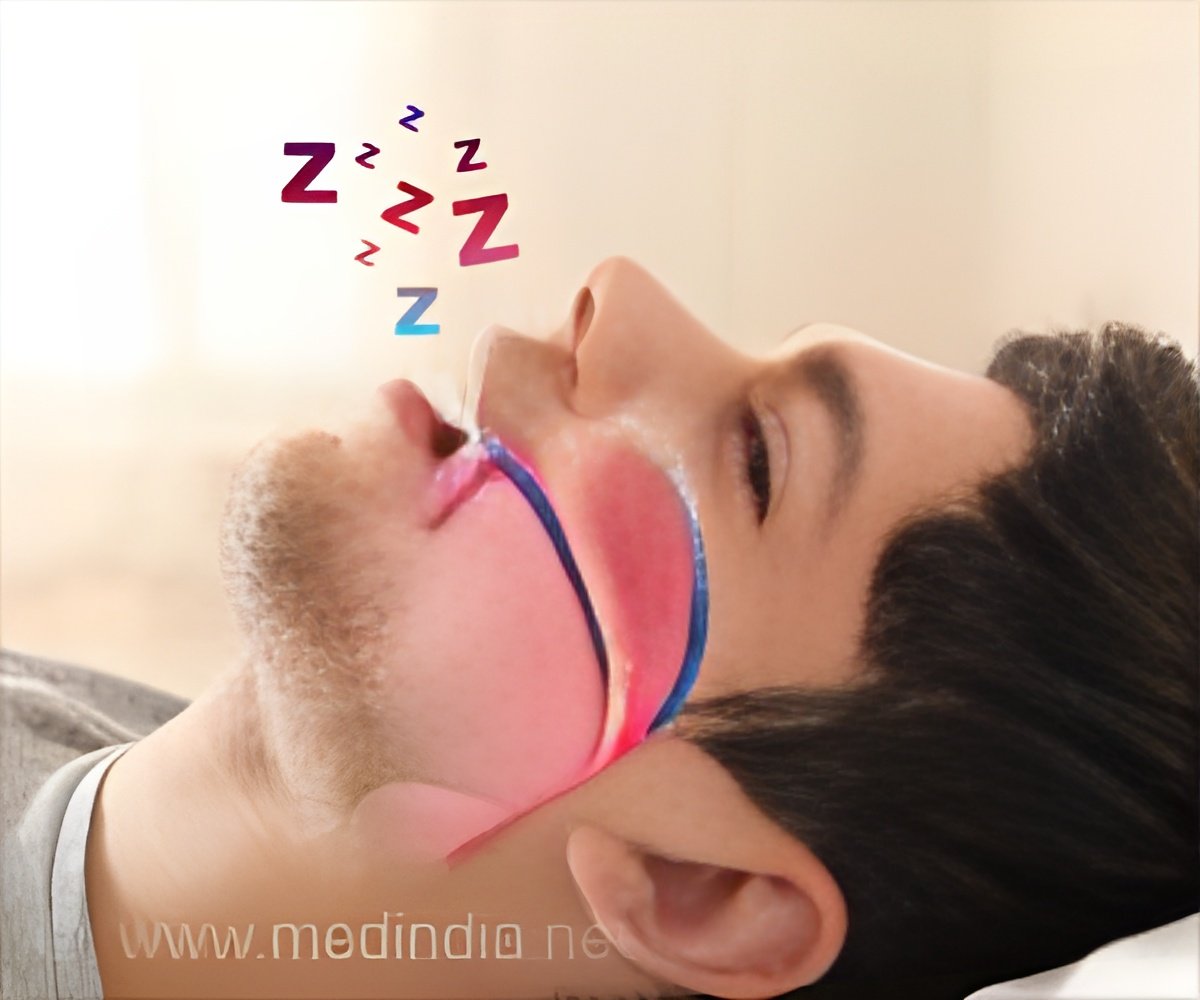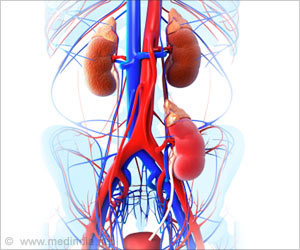
Nearly 40 million adults in the United States suffer from sleep apnea, with over 30 million relying on continuous positive airway pressure (CPAP) machines during sleep. Despite their widespread use, these devices are often costly, bulky, and uncomfortable, leading many individuals to discontinue their use (1✔ ✔Trusted Source
Oxytocin and corticotropin-releasing hormone exaggerate nucleus tractus solitarii neuronal and synaptic activity following chronic intermittent hypoxia
).
Sleep Apnea and High Blood Pressure Connection
Sleep apnea is frequently associated with high blood pressure, as the brain must exert extra effort to regulate blood flow and breathing during sleep. Recent research conducted at the University of Missouri provides new insights into the brain mechanisms that contribute to hypertension in individuals with sleep apnea.
The findings can help pave the way for new drugs that target the brainstem to bring blood pressure back down to normal levels for those with sleep apnea. The study took place in the lab of David Kline, a professor in Mizzou’s College of Veterinary Medicine and researcher at the Dalton Cardiovascular Research Center.
Key Neurochemicals Identified
“When oxygen levels in the blood drop during sleep apnea, the forebrain sends warning signals to the brainstem area that controls heart and lung functions,” Kline said. “By studying these signals, we found that two neurochemicals, oxytocin and corticotropin-releasing hormone (CRH), cause the brainstem to become overactive. Over time, this leads to hypertension.”
Hypertension leads to an increased risk of stroke, complications for the metabolism, and various other health issues. “Not only do those with sleep apnea often have high blood pressure, but they also lose a lot of sleep, they have more cognitive and memory issues, and they are more prone to injury at work due to sleepiness,” Kline said.
By being the first to identify the role that oxytocin and CRH play in strengthening and overexciting the pathways and mechanisms involved in sleep apnea, Kline and his fellow researchers hope to pave the way for the design of better therapeutic approaches for humans and animals. “Our ultimate goal is to eventually help clinicians develop specific drugs to target either these neurochemicals or the proteins they bind to in a way that reduces high blood pressure,” Kline said. “This discovery opens the door for future research to block the pathways these neurochemicals use, ultimately helping to bring blood pressure back to normal levels.”
During the nearly 20 years Kline has researched the mechanisms within the brain responsible for controlling blood pressure and respiration at Mizzou, he has earned more than $10 million in grants and published more than 40 studies in peer-reviewed journals. He is one of the reasons Mizzou — a member of the Association of American Universities and a leading research university — has seen 10 consecutive years of increases in research expenditures. “I have always been fascinated by the brain and how it contributes to the cardiovascular and respiratory systems of our bodies,” Kline said. “I have a great group of interdisciplinary collaborators here at Mizzou who have helped me out tremendously, and seeing others in my lab make scientific discoveries brings me a lot of joy and excitement.”
Advertisement
Reference:
- Oxytocin and corticotropin-releasing hormone exaggerate nucleus tractus solitarii neuronal and synaptic activity following chronic intermittent hypoxia – (https://physoc.onlinelibrary.wiley.com/doi/10.1113/JP286069)
Source-Eurekalert



